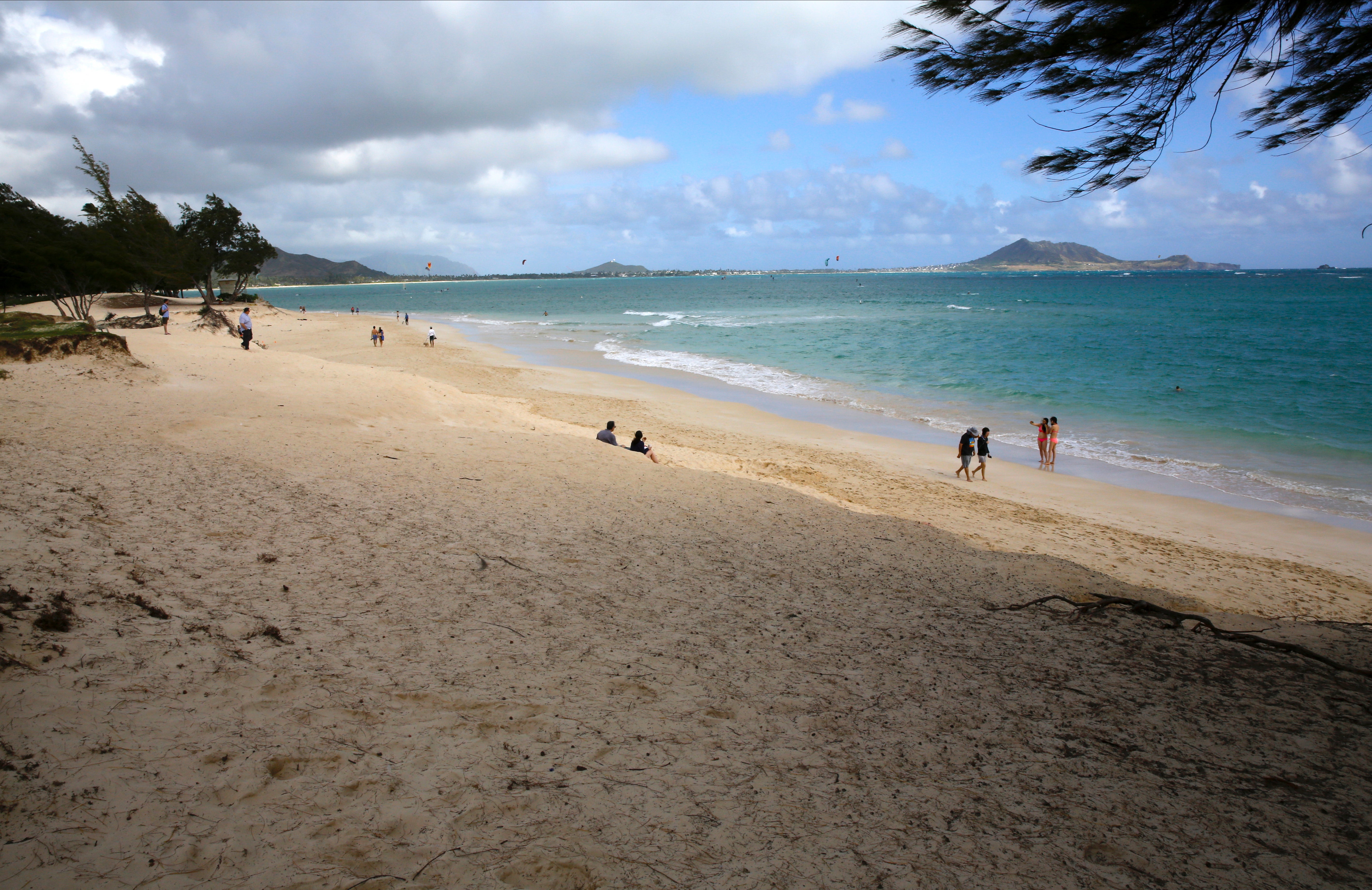New study ranks all US states in terms of ‘inclusiveness,’ with Hawaii at No 1
‘There’s a lot we can learn from what’s happening in Hawaii,’ says Stephen Menendian, the study’s director of research

Your support helps us to tell the story
From reproductive rights to climate change to Big Tech, The Independent is on the ground when the story is developing. Whether it's investigating the financials of Elon Musk's pro-Trump PAC or producing our latest documentary, 'The A Word', which shines a light on the American women fighting for reproductive rights, we know how important it is to parse out the facts from the messaging.
At such a critical moment in US history, we need reporters on the ground. Your donation allows us to keep sending journalists to speak to both sides of the story.
The Independent is trusted by Americans across the entire political spectrum. And unlike many other quality news outlets, we choose not to lock Americans out of our reporting and analysis with paywalls. We believe quality journalism should be available to everyone, paid for by those who can afford it.
Your support makes all the difference.A new study has ranked all US states in terms of their inclusiveness, and the Aloha State tops the list.
Every year, the Othering & Belonging Institute (OBI) measures all 50 states in terms of how well they include people of all races, genders, sexual orientations, religions, and disabilities. In 2021, Hawaii was No 1 – for the fourth year in a row.
“Hawaii is a remarkably unique place, not only with the largest multi-racial population in the US, but where race and difference are recognized and respected in a far more nuanced and frankly inclusive way than is typical of the mainland,” said Stephen Menendian, the project’s director of research. “There’s a lot we can learn from what’s happening in Hawaii.”
Right behind Hawaii were Nevada, Rhode Island, Maryland, and Washington State, in that order.
At the other end of the list, the least inclusive state was Louisiana, followed by Wyoming, South Dakota, Mississippi, and Alabama.
Within each category of inclusiveness, the study takes a close look at a number of different indicators. Within race, for example, OBI measures the percentage of that state’s US representatives who are people of color, and also the income ratio of non-white to white residents. Those measurements are then combined to form an overall score for that category.
For racial inclusiveness, Hawaii was first in the nation. For gender inclusiveness, the winner was Rhode Island. For sexual orientation, Nevada was No 1. And for both religion and disability, Hawaii was the winner twice more.
At the bottom, the least racially inclusive state was South Dakota. For gender, last place belonged to Wyoming. For sexual orientation, No 50 was New Jersey. For religion, it was Louisiana, and for disability, it was Connecticut.
But the study didn’t just rank states. It also ranked all the countries of the world.
On the international list, Sweden came in first as the world’s most inclusive nation, followed by New Zealand, Norway, the Netherlands, and Portugal.
In last place was Yemen, followed by Iraq, Angola, Tajikistan, and Morocco.
The United States was toward the middle of the list, at No 72 of 133 countries. The United Kingdom was higher, coming in at No 9.
As one of the study’s co-leaders pointed out, a country’s inclusiveness appeared to have little relation to its wealth.
“The poorest nations on the planet are capable of faring best in terms of inclusivity, while the wealthiest are capable of faring the worst,” said Elsadig Elsheikh, director of OBI’s Global Justice Program.





Join our commenting forum
Join thought-provoking conversations, follow other Independent readers and see their replies
Comments